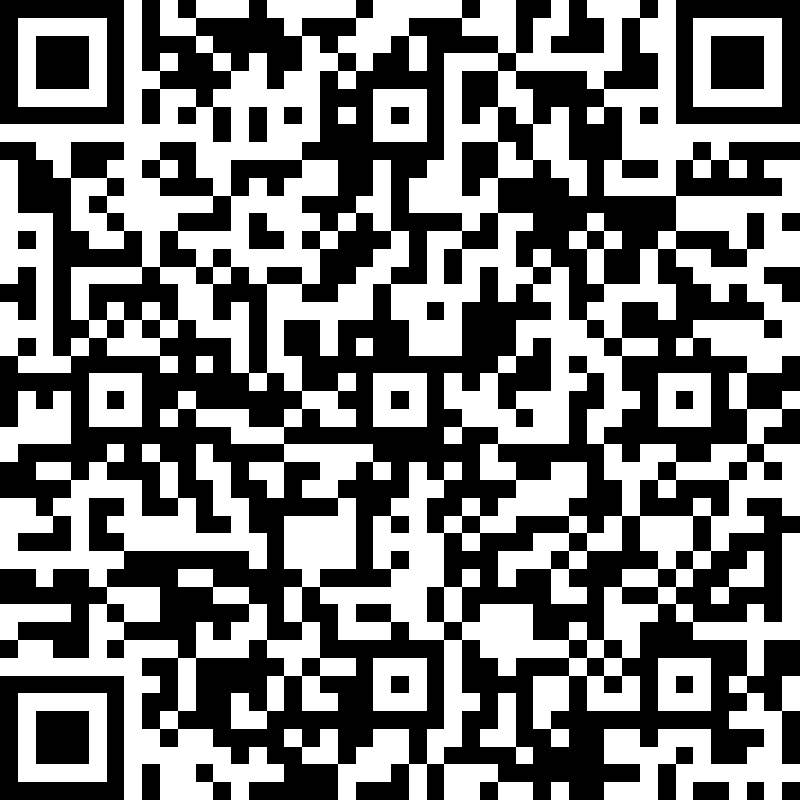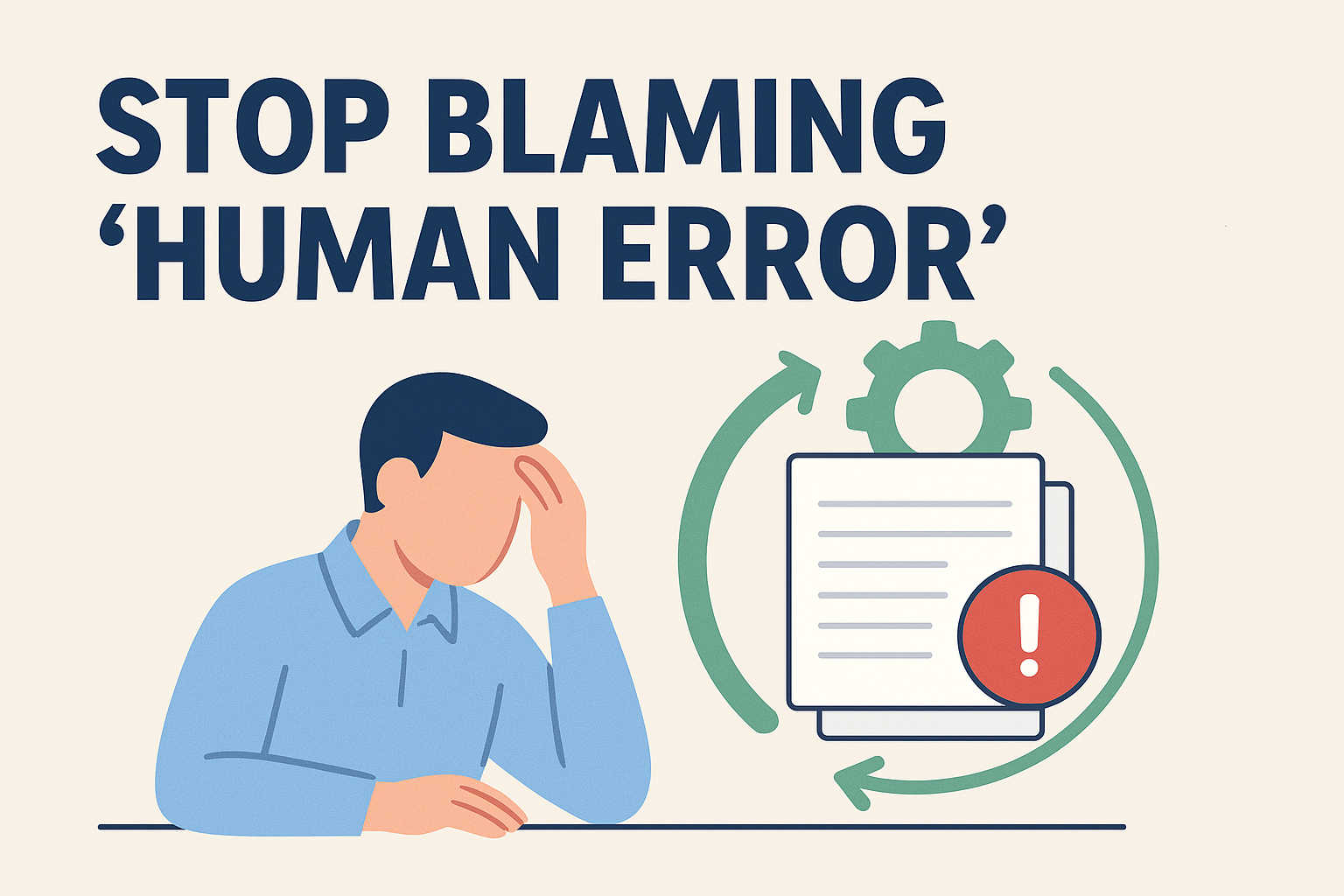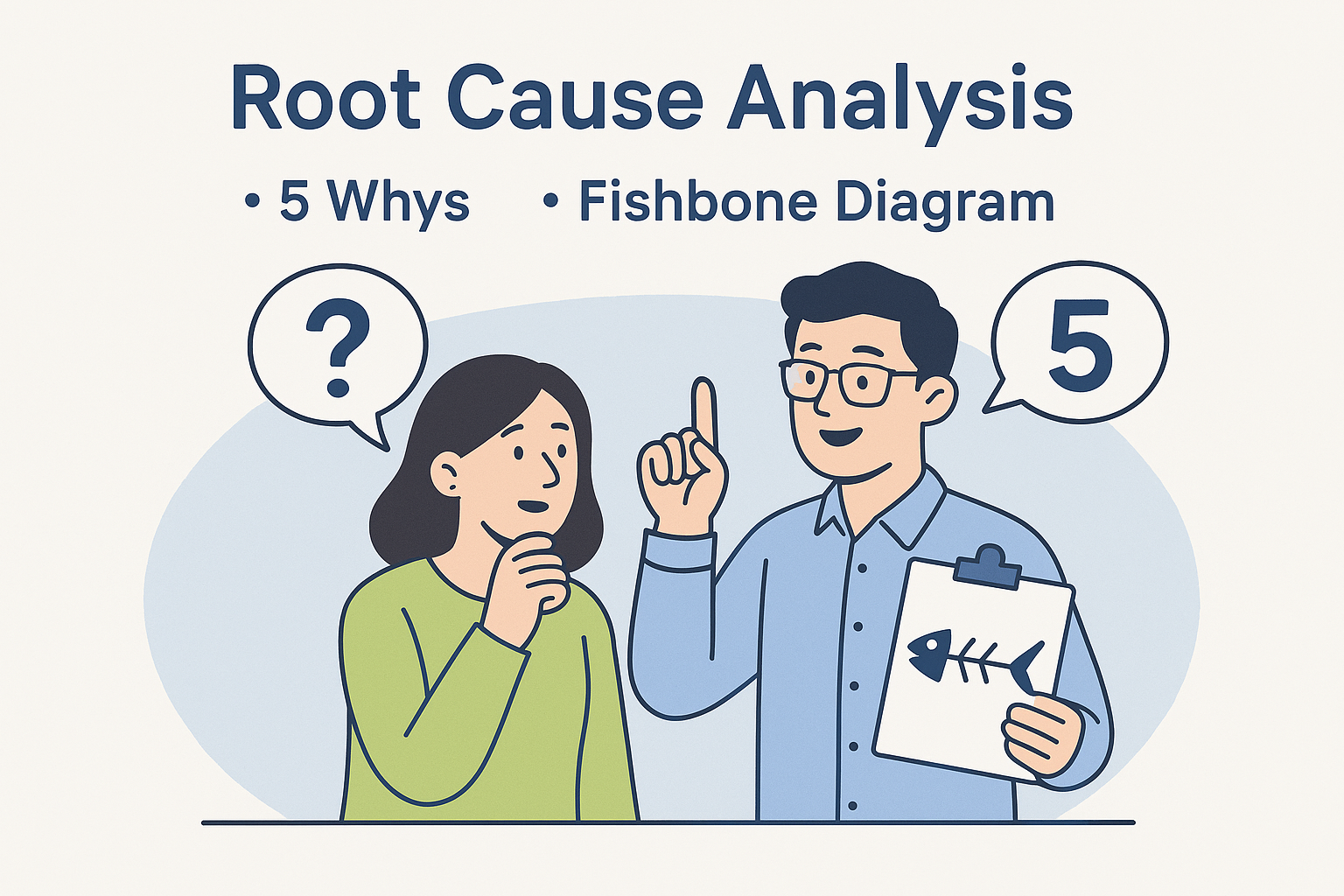Mohamad-Ali Salloum is a Pharmacist and science writer. He loves simplifying science to the general public and healthcare students through words and illustrations. When he's not working, you can usually find him in the gym, reading a book, or learning a new skill.
10 Medications that were recalled by the FDA
Share
The U.S. Food and Drug Administration (FDA) plays a crucial role in ensuring the safety and efficacy of medications. Despite rigorous testing, some drugs are recalled post-approval due to unforeseen adverse effects. This essay explores ten such medications, detailing the reasons behind their recalls.
1) Zantac (ranitidine):
In April 2020, the FDA requested the recall of all prescription and over-the-counter (OTC) ranitidine drugs, including Zantac, due to the presence of a probable human carcinogen called N-nitrosodimethylamine (NDMA) in the medications. NDMA is a known environmental contaminant and found in water and foods, including meats, dairy products, and vegetables, but it is not expected to cause harm when ingested in low levels. However, when exposed to higher levels over long periods of time, it may increase the risk of cancer.
Story:
N-Nitrosodimethylamine (NDMA) was discovered in Zantac (ranitidine) during routine testing by the FDA and other regulatory agencies. The discovery process involved several key steps:
- Initial Detection: The FDA began testing ranitidine products after reports of NDMA contamination in other medications. The initial tests revealed that NDMA levels in ranitidine increased over time and with exposure to higher temperatures.
- Chemical Breakdown: It was found that the active ingredient in Zantac, ranitidine, can break down into smaller molecules under certain conditions. These smaller molecules can then combine to form NDMA.
- Advanced Testing Methods: Laboratories used advanced analytical methods, such as liquid chromatography-high resolution mass spectrometry (LC-HRMS), to detect and quantify NDMA levels in ranitidine. Some tests involved heating the product to simulate conditions during storage and transport, which showed significant NDMA formation.
2) Metformin:
Several manufacturers of metformin, a medication used to treat type 2 diabetes, have issued voluntary recalls due to the presence of a possible carcinogen called N-Nitrosodimethylamine (NDMA) in the medication. The levels of NDMA found in the recalled medications were above the acceptable daily intake limit set by the FDA.
Story:
N-Nitrosodimethylamine (NDMA) was discovered in metformin during routine testing and investigations by the FDA. The agency began testing metformin products after reports of NDMA contamination in other medications. The testing revealed that NDMA was present in the finished metformin tablets, but not in the active pharmaceutical ingredients (API) themselves
.
This suggests that NDMA may form during the manufacturing process or storage of the finished product1. The FDA used advanced analytical methods, such as liquid chromatography-high resolution mass spectrometry (LC-HRMS), to detect and quantify NDMA levels in metformin. As a result, several lots of extended-release metformin were recalled to ensure patient safety.
3) Losartan:
In 2019, several lots of losartan, a medication used to treat high blood pressure, were recalled due to the presence of a possible carcinogen called N-Nitrosodiethylamine (NDEA) in the medication. The levels of NDEA found in the recalled medications were above the acceptable daily intake limit set by the FDA.
Story:
N-Nitrosodiethylamine (NDEA) was discovered in Losartan during routine testing and investigations by regulatory agencies like the FDA. This impurity, along with others like N-Nitrosodimethylamine (NDMA) and N-Nitroso-N-methyl-4-aminobutyric acid (NMBA), was found in the active pharmaceutical ingredient (API) used to manufacture the drug.
The contamination occurred due to a chemical reaction during the manufacturing process of the API. Specifically, suppliers in India and China inadvertently produced contaminated ingredients, which were then used by pharmaceutical companies to produce the final drug products. This led to the recall of several lots of Losartan to ensure patient safety.
4) Valsartan:
In 2018, several lots of valsartan, another medication used to treat high blood pressure, were recalled due to the presence of N-nitrosodimethylamine (NDMA) and N-Nitrosodiethylamine (NDEA) in the medication. The levels of NDMA and NDEA found in the recalled medications were above the acceptable daily intake limits set by the FDA.
5) Ibuprofen:
In 2018, several lots of liquid ibuprofen for infants and children were recalled due to the potential risk of higher concentrations of the medication. The recall was initiated by the manufacturer, Tris Pharma, after receiving customer complaints about the medication having higher concentrations of ibuprofen than listed on the label. Parents and caregivers were advised to stop using the recalled product and to contact their healthcare provider if their child had experienced any adverse effects. They were also instructed to return the product to the place of purchase for a refund.
Story:
- Higher Concentration Levels: Some units from the recalled batches were found to contain ibuprofen levels up to 10% above the specified limit. This could lead to infants receiving a higher dose than intended.
- Health Risks: Overdosing on ibuprofen can cause several adverse effects, especially in infants, including:
- Gastrointestinal Issues: Nausea, vomiting, and abdominal pain.
- Renal Injury: Nonsteroidal anti-inflammatory drugs (NSAIDs) like ibuprofen can cause kidney damage, particularly in young children.
- Other Symptoms: Drowsiness, headache, and in severe cases, respiratory depression and coma.
6) Digoxin:
In 2017, several lots of digoxin, a medication used to treat heart failure and irregular heartbeats, were recalled due to the potential risk of incorrect dosing. The recall was initiated by the manufacturer, Westminster Pharmaceuticals, after discovering that some bottles may have contained tablets with twice the approved strength.
Story:
There was a Label Mix-Up, where ottles labeled as 0.125 mg contained 0.25 mg tablets, and vice versa.
This recall was a precautionary measure to ensure patient safety and prevent any adverse health effects.
7) OxyContin:
In 2015, OxyContin was not specifically recalled, but there were significant developments related to its formulation and regulatory scrutiny:
- Reformulation: Purdue Pharma, the manufacturer of OxyContin, had reformulated the drug to make it more abuse-deterrent. This new version was designed to be harder to crush, snort, or inject, which are common methods of abuse.
- Regulatory Review: In 2015, the FDA was supposed to review follow-up data on the effectiveness of this reformulated version in reducing abuse. However, Purdue Pharma pulled its application to update OxyContin’s label with new information on abuse, stating that they needed more time to analyze the data.
As of 2024, Purdue Pharma has not reapplied to the FDA to update OxyContin’s label with new information on abuse deterrence. The company has been involved in ongoing legal and regulatory challenges, including a recent Supreme Court decision rejecting a nationwide settlement related to the opioid crisis.
Public Health Concerns: There were ongoing concerns about the effectiveness of the reformulated OxyContin in actually reducing abuse and addiction rates. The FDA and other health experts were closely monitoring the situation.
8) Tamiflu (oseltamivir phosphate):
In 2013, several lots of Tamiflu, a medication used to treat the flu, were recalled due to potential packaging defects that could cause the medication to spoil. The recall was initiated by the manufacturer, Roche, after discovering that the Tamiflu capsules had a defect that allowed moisture to enter the packaging, potentially causing the medication to spoil.
9) Levothyroxine:
In 2013, several lots of levothyroxine, a medication used to treat hypothyroidism, were recalled due to a labeling error that resulted in the incorrect strength being listed on the packaging. The recall was initiated by the manufacturer, Lannett Company, after discovering that some bottles contained tablets with a different strength than listed on the label.
10) HydroChloroThiazide (HCT):
In 2018, there were two notable recalls involving hydrochlorothiazide:
- Label Mix-Up: Accord Healthcare issued a recall for one lot of Hydrochlorothiazide Tablets USP, 12.5 mg, because bottles labeled as hydrochlorothiazide were found to contain spironolactone tablets instead. This mix-up could lead to patients receiving the wrong medication, which could have serious health implications.
- Contamination with NDEA: Teva Pharmaceuticals recalled several lots of amlodipine/valsartan/hydrochlorothiazide combination tablets due to the detection of N-Nitrosodiethylamine (NDEA), a probable human carcinogen, in the valsartan component. This impurity was found in the active pharmaceutical ingredient (API) manufactured by Mylan India.
Conclusion:
The recall of these medications underscores the importance of continuous monitoring and post-marketing surveillance to ensure drug safety. While these recalls highlight the potential risks, they also demonstrate the FDA’s commitment to protecting public health.
References :
- https://www.fda.gov/drugs/drug-safety-and-availability/questions-and-answers-ndma-impurities-ranitidine-commonly-known-zantac
- https://www.fda.gov/drugs/drug-safety-and-availability/fda-updates-and-press-announcements-ndma-zantac-ranitidine
- https://www.fda.gov/media/138617/download
- https://www.fda.gov/drugs/drug-safety-and-availability/fda-updates-and-press-announcements-ndma-metformin
- https://www.fda.gov/drugs/drug-safety-and-availability/fda-updates-and-press-announcements-angiotensin-ii-receptor-blocker-arb-recalls-valsartan-losartan
- https://www.fda.gov/safety/recalls-market-withdrawals-safety-alerts/marlex-pharmaceuticals-inc-issues-voluntary-nationwide-recall-digoxin-tablets-usp-0125mg-and-digoxin
- https://www.acc.org/latest-in-cardiology/articles/2023/09/05/14/54/fda-update-agency-announces-recall-of-digoxin-tablets-due-to-label-mix-up
- https://www.usnews.com/news/business/articles/2024-06-27/the-legal-odyssey-for-oxycontin-maker-purdue-pharma-and-its-owners-is-complex-heres-what-to-know
- https://www.fda.gov/drugs/postmarket-drug-safety-information-patients-and-providers/tamiflu-consumer-questions-and-answers
- https://www.fda.gov/safety/recalls-market-withdrawals-safety-alerts/teva-pharmaceuticals-usa-issues-voluntary-nationwide-recall-all-amlodipinevalsartan-combination
- Teva Pharmaceuticals USA Issues Voluntary Nationwide Recall of all Amlodipine/Valsartan Combination Tablets and Amlodipine/Valsartan/Hydrochlorothiazide Combination Tablets that are Within Expiry | FDA
List of Services
ABOUT THE AUTHOR
Mohamad-Ali Salloum, PharmD
Share
Recent articles:





















